Azerbaijan economy: Ten-year growth outlook
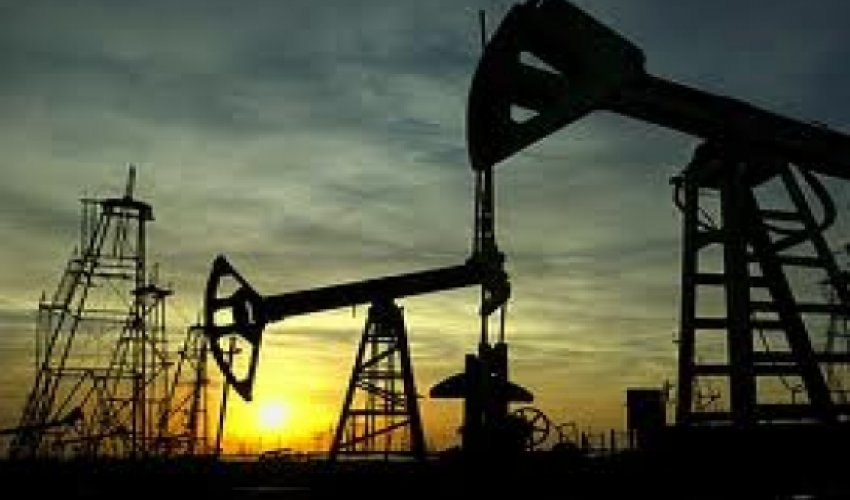
Real GDP is forecast to grow at an annual average of 2.3% in 2013-30, according to The Economist Intelligence Unit, far below the double-digit growth rates of 1998-2008. The Shah Deniz field is likely to be the only major new energy project to come on stream in the forecast period. As a result, slower growth in hydrocarbon production will hold back economic growth.
Azerbaijan inherited a well-educated workforce from the Soviet Union. However, these skills have been partly eroded by a lack of investment to date in education.
Azerbaijan's ability to become a regional hub is hindered by its location. The ongoing conflict with Armenia has disrupted conventional trade routes. Azerbaijan's short land border with Turkey is located in its exclave of Nakhichevan, which is accessible to the main part of Azerbaijan only by air, or by road through Iran, or Georgia and Turkey. Trade through Georgia is therefore crucial, given its location on the Black Sea.
Azerbaijan's pipeline network is good, with oil being transported to Western markets. However, further investment in roads, power and water supply and Internet connections is needed in the coming years.
Demographic trends: The population will continue to rise, helped by the high birth rate in rural areas. The working-age population will expand at a slightly slower rate than the overall population throughout the forecast period, as the share of those under 15 will increase.
In 2013-20 the labour force will expand at a faster rate than the working-age population owing to improved participation rates, which remain below the levels achieved during the Soviet period. This trend will level off from 2020.
Azerbaijan is faced with the problem that its main industry, oil and gas, tends not to promote job creation, as the sector is capital-intensive. Without an effective plan to diversify the economy, Azerbaijan will face rising unemployment and growing reliance on social transfers from oil windfalls.
External conditions: Heavy investment in the energy sector has already occurred, led by British and US companies. Further investment will take place over the forecast period, although this will be at a lower level than in the early 2000s.
Although some offshore fields are believed to hold large quantities of oil, their ownership is the subject of disputes between Azerbaijan, Iran and Turkmenistan, which has held back their development. A rapprochement with Turkmenistan could lead to the two countries jointly exploring hydrocarbons fields in their disputed sector of the Caspian Sea. The economy is likely to become more open on accession to the World Trade Organisation (WTO), which is expected in the medium term.
Bakudaily.Az
Latest news 
More news 
























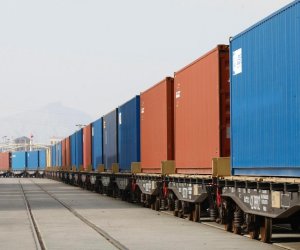


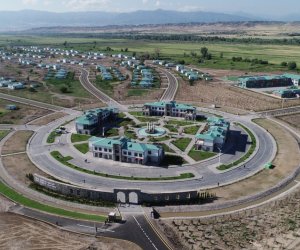

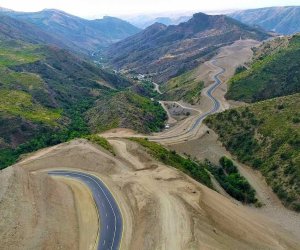

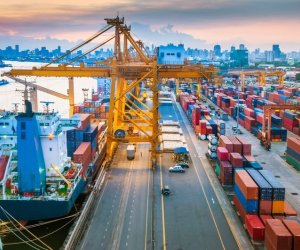
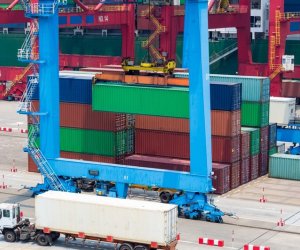


 Photo
Photo 



 Video
Video 

